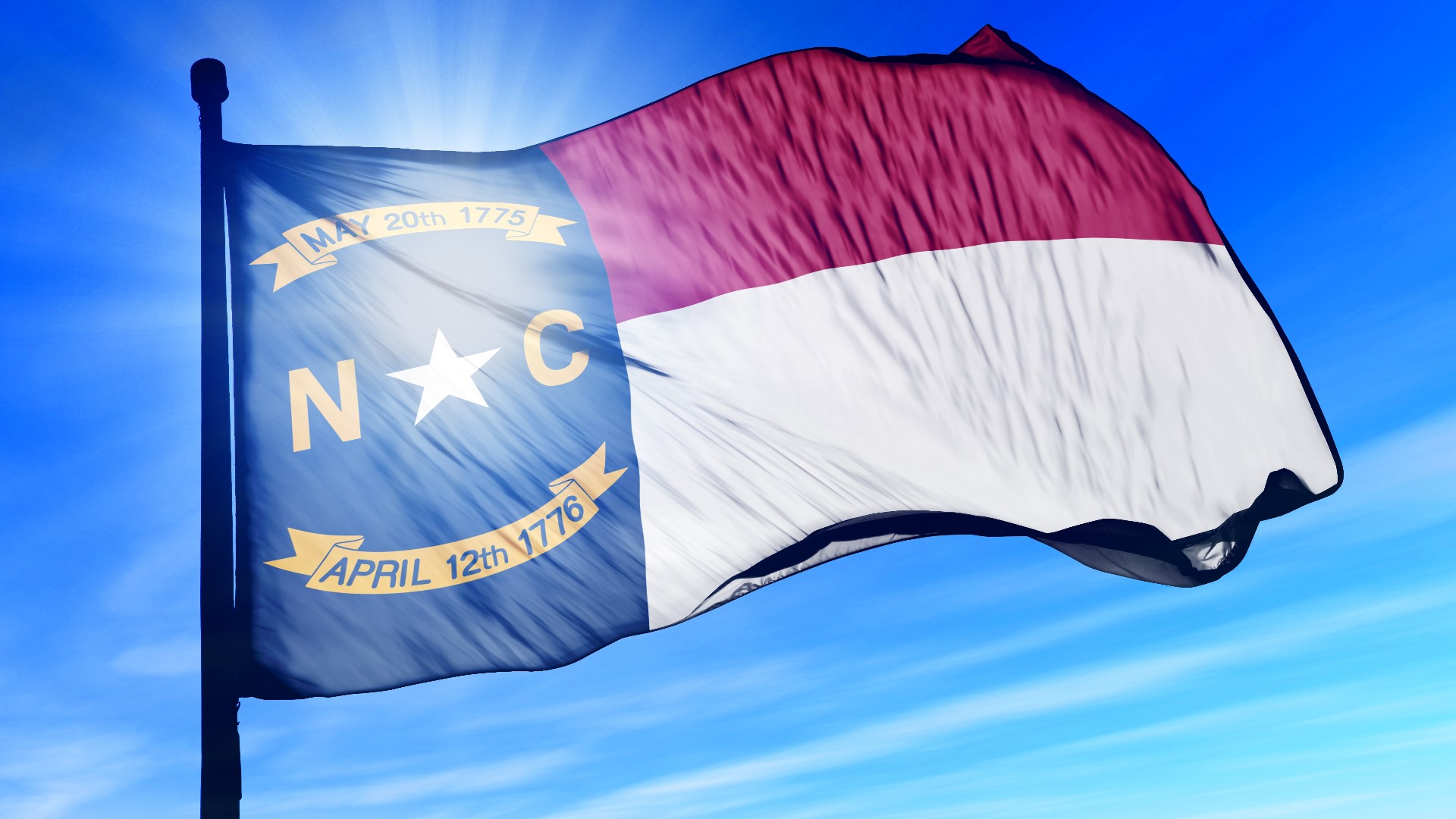RALEIGH, N.C. — As the Tar Heel state looks back on a historically successful early voting period where more than 4.2 million North Carolinians cast an early ballot, it now looks ahead to being in the national spotlight as a possible path to the White House.
“We did in the latter part [early voting] see an uptick in younger voters turning out, it'll be interesting to see who turns out. But one of the things I would stress, this election is not decided. Just because 57% turned out, we saw 75% in 2020. There are still a lot of voters," said Karen Bell, Director of the North Carolina State Board of Elections.
13News Now spoke with Director of the Elon University Poll Jason Husser on the outlook for North Carolina's political landscape, as voters prepare one more time to cast their ballots in 2024.
Donald Trump won North Carolina in 2020, but the state has previously swung blue and is now considered one of the few swing states. What have we learned about trends from either polling or campaigning strategies in the last month or so?
“North Carolina has changed a lot over the years. George W. Bush wins North Carolina in 2000 and 2004 by over 10 points, in many ways it’s a little bit slower process than what Virginia faced, where at one point Virginia was one of the most competitive states, 1 of 3 states always looked at. North Carolina has changed in a similar way, North Carolina has migration from the Northeast in particular to Charlotte and Raleigh moving the state from a solid red to a clear purple. It’s still a state that on a good day, Republicans have a slight advantage. The 16 electoral votes would go a long way for the 40 or 50 either need to win.”
In terms of exit polling, what are Harris and Trump going to look at for a “win” in North Carolina? Are there specific counties or regions that are of particular interest?
“Dozens of polls conducted in North Carolina in recent week show it’s a race either side can lose. A very slight advantage for Trump, but close enough where a small change can tilt it. The parties are looking at a change from 2020 to 2024 for certain communities in the state. In particular, we’ve seen Mecklenburg County [Raleigh] and Wake County [Charlotte] becoming very expensive to live. More people are moving into the state than there is an increase in housing units. So, the suburbs surrounding Charlotte and Raleigh in particular have a chance to be more purple, possibly slightly blue than what we’ve seen. In the past, Democrats won by driving voter turnout in those urban centers. Republicans won by winning the rural areas and doing extremely well in the suburbs. But the suburbs look different now, simply because of housing affordability and people moving out of the urban cores.”
On the Gubernatorial race we’ve got Mark Robinson versus Josh Stein, how competitive is this race compared to previous races for the Governor’s seat?
“The race in 2016 was extremely close, a 0.2% difference between Democrat and Republican. In 2020 the Democrat incumbent Governor, Gov. Roy Cooper, did much better with a 4% lead over the Republican. People were generally supportive of his COVID policies, they thought he threaded the needle between freedom versus restrictions. What we’re seeing in 2024 is a marked, historic shift away from the Republican candidate, polls showing a 15% lead from Stein over Robinson, much of it the scandal but not all of it.
Speaking of the scandal, Mark Robinson made headlines a couple weeks ago with a controversial story from CNN, information about him prior to his political career. How exactly did that story end up impacting his campaigning and his popularity?
“Mark Robinson’s rise to prominence in North Carolina is remarkable. He went from a totally non-political career to a sensational star in the Republican Party as the Lieutenant Governor. He handily won the primary in NC, but the Elon University polling immediately saw problems to the general election. They saw him down 10 points before the scandal broke, having to do with his relatively extreme -- for the Republican Party -- positions on cultural issues such as abortion rights, and LGBTQ issues. Since the CNN scandal broke we’ve seen a further 5-6 point decline for Robinson. Eight percent of Republicans said they were going to vote for Robinson but changed their minds. It did hurt him, but he was in serious trouble before that.”
Where does North Carolina’s Congressional District 1 race between Laurie Buckhout and Rep. Don Davis fit in the national picture? Why is it so competitive?
Because of gerrymandering, there aren’t many districts in the United States as a whole that are competitive. We’ve seen razor-thin margins in the House of Representatives, a couple Republicans changing their mind led to a lot of the drama when the House changed speakers. Having a one or two-seat advantage, winning one competitive seat could make the difference between who controls the House of Representatives. NC District 1 is North Carolina’s really the only competitive district. Across the country only 20 districts are viewed as competitive, NC has been bogged down for decades in litigation around the congressional maps. They are redrawn for this cycle, three going for Republicans and three going for Democrats, this could go either way. Not a ton of polling in this district, it’s hard to poll congressional districts. But the race started with a slight advantage for Democrats, the demographics of the district are such that if Democrats have a good year, they’ll win the district. Biden did better there than he did statewide. What we’re seeing is the Democrat is doing better with dollars, and scant polling shows a couple percentage point advantage for him even if it looks like a decent year for Republicans at the presidential level.”

